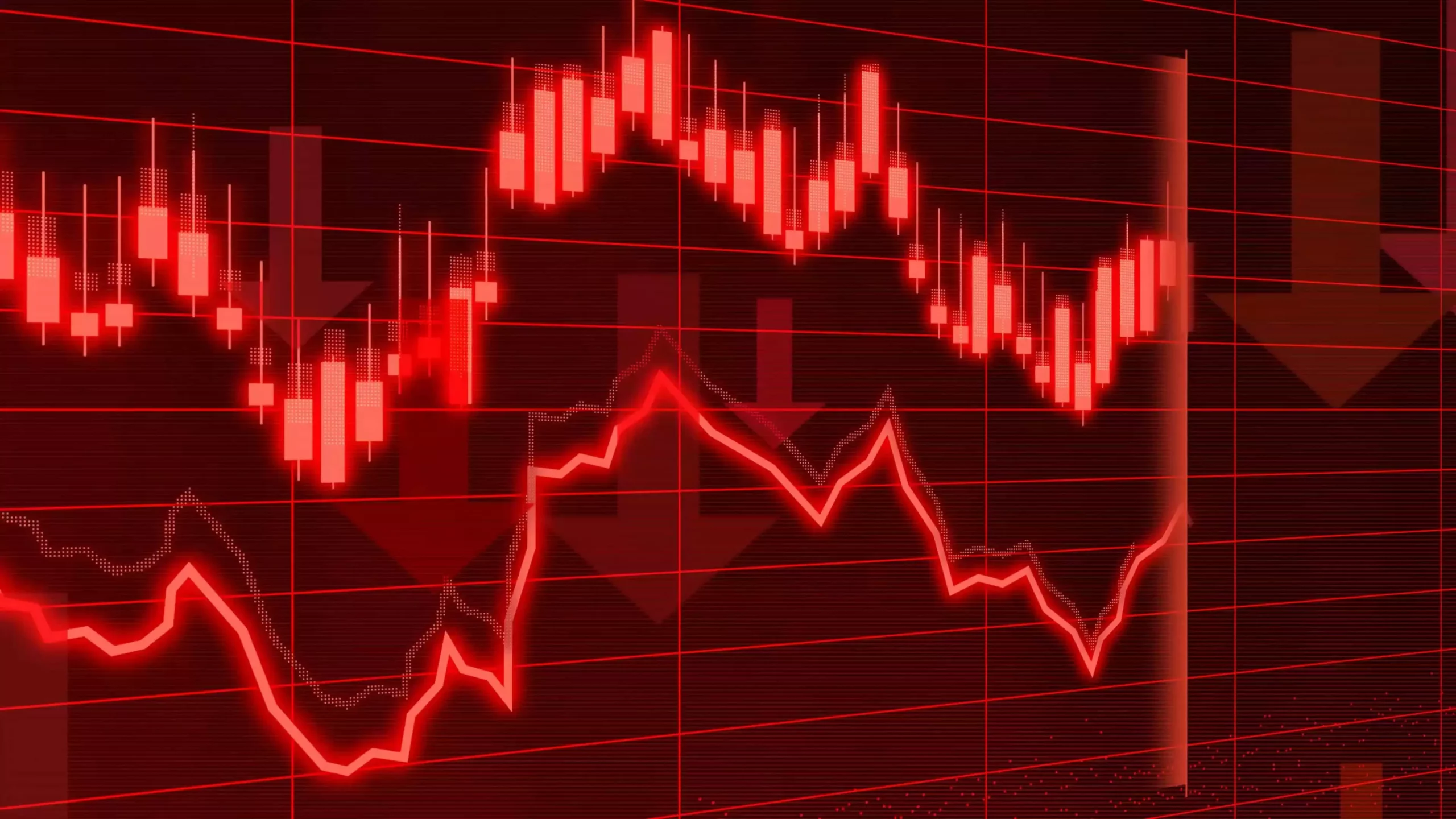Bitcoin, the pioneering cryptocurrency, has become synonymous with both soaring heights and steep downturns in the financial market. As it has rocketed to unprecedented levels, it has also displayed a penchant for volatility, often influenced by various factors that include market trends, institutional moves, and investor sentiment. Recent analyses have raised alarms about a potential correction that could steer Bitcoin’s value downward, possibly towards a significant price range between $77,000 and $80,000. This speculation hinges largely on a phenomena known as the Chicago Mercantile Exchange (CME) gap.
The CME Gap: A Catalyst for Corrections
The CME gap refers to the price difference that may exist when a cryptocurrency closes on the exchange and then opens at a different price after a weekend or holiday. Traditionally, Bitcoin has shown a tendency to “fill” these gaps, resulting in corrections that attract the attention of traders. Analysts have scrutinized the market’s pattern, noting that since October 2022, Bitcoin has gone through approximately seven notable corrections, each with an average decline of around 23.5%. This alarming trend has led some experts to propose that an impending pullback could replicate these patterns, effectively pushing Bitcoin’s price steeply down toward the critical CME gap.
Egrag Crypto, a notable voice within the cryptocurrency analysis community, highlights that Bitcoin’s current high of approximately $108,975 suggests an impending drop that could align closely with past averages. He emphasizes the potential of another significant bearish movement as the price hovers dangerously near the CME gap levels.
Contemplating the potential for a $80,000 gap to be filled, crypto analyst XForceGlobal has reminded traders of a significant historical statistic: since 2018, 90% of one-day CME gaps that exceed $1,000 in size have eventually been filled. This statistic, while encouraging for some, serves as a reminder of the unpredictable nature of gap fills. The challenge lies in not just identifying the potential for filling the gaps, but in forecasting how and when these corrections will occur.
Among the strategies posited, one suggests a deep wave correction might bring Bitcoin down into the $77,000 to $80,000 territory, while others speculate that the market may experience a more prolonged pullback, with some predicting dips as low as $46,000. Such contrasting arguments exemplify the complexity of the cryptocurrency market, where multiple scenarios can unfold based on market behavior and external triggers.
Additionally, broader influences—such as political events—could have a significant impact on Bitcoin’s price dynamics. Egrag has pointed out that the inauguration of President-elect Donald Trump could provide a local top for a sell-off, citing historical tendencies of market makers to capitalize on crises. Such a coordinated effort may lead to increased selling pressure, rendering new entrants vulnerable to panic-driven decisions.
The intricate interplay between market psychology and political events amplifies the uncertainty surrounding Bitcoin’s future movements. Investment decisions made in light of these events can exacerbate the volatility, leading to rapid price fluctuations.
While the conversation surrounding Bitcoin’s potential drops evokes a sense of caution, it is vital to recognize that the cryptocurrency market is inherently cyclical. Analysts, including Egrag, speculate that two broad scenarios may emerge. In one case, Bitcoin could surge to approximately $120,000 before experiencing a correction back to the CME gap. Conversely, there remains the possibility of a downward trend that brings the cryptocurrency to levels between $70,000 and $75,000 before a resurgence in an upward trajectory.
Both scenarios underscore a critical understanding of Bitcoin’s market sentiment and the necessity for traders to remain vigilant. While short-term corrections may test the resolve of investors, the long-term outlook remains contingent on broader adoption and market maturation.
As Bitcoin traverses these turbulent waters, the duality of risk and opportunity remains a cardinal theme for traders and investors alike. The current environment presents a compelling case for the necessity of strategic decision-making based upon informed analysis. Crucial to navigating the intricacies of the market is a keen awareness of trends, origins of volatility, and the potential impact of both market and external factors. Engaging with the market, while maintaining caution, could lead to fruitful navigational paths in the complex sphere of cryptocurrency investing.


















Leave a Reply